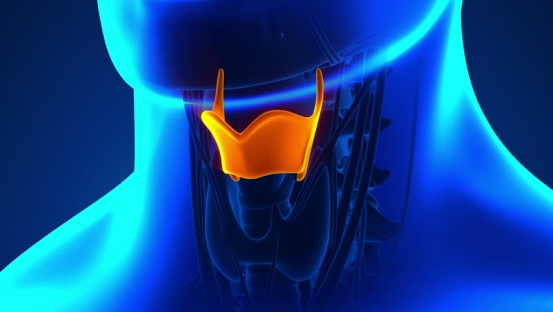
Kenya is reporting the highest throat cancer cases in the world, a new study has revealed. And medical experts are also baffled by the disease’s highly selective behaviour.
The study shows it is affecting younger people only in some parts of Kenya while its distribution is almost equally between the sexes, which contradicts known trends elsewhere. The research indicates that throat cancer is concentrating in specific geographical areas, ethnic communities and even families.
Kenya belongs to the African Esophageal Cancer Corridor (ESCC), which has the highest incidence of throat cancer in the world. The corridor includes Malawi, Kenya, Uganda, Tanzania and parts of South Africa while other areas with high cancer incidences are China and Iran.
Researchers from North Carolina Central University, US; University of Nairobi, Kenyatta National Hospital and Dalian University, China, had compared the incidence of throat cancer in Kenya with the other hots pots of China, Iran and South Africa.
In the report published in June in the American Journal of Digestive Disease had also included France, US and UK for comparison with Kenya recording the highest incidence of the disease globally. The information is cited from the World Health Organisation’s affiliated GLOBOCAN, the global custodian of world cancer data. The data shows Kenya to have the highest rates of new cases of throatcancers and deaths compared to the other countries in both women and men.
Prevalent cancer
Official statistics show EC or esophageal cancer to have high prevalence in Central Kenya, around the Lake Victoria region but with possible hot spots in Eldoret and Bomet in the Rift Valley.
Data at both the Moi Teaching and Referral Hospital in Eldoret and the Tenwek Mission Hospital in Bomet shows EC as the most prevalent cancer attended to at the two hospitals. EC patients around Bomet and Eldoret areas are getting the disease when much younger than those in other parts of the country or the world.
Any significant throat cancers in Nairobi are picked after age 30 and peak at age 65. In the UK and US, significant numbers of throat cancer cases are being noticed at ages 50 and peaking at ages 70.
“Kenya has the highest reported percentage of young patients, below 30 years globally, and thus it is important to establish the reasons underlying so many young cases,” says the study led by Joab Otieno Odera.
This and many other studies link alcohol drinking, smoking, dietary change and food preparation; consumption of hot food or drink as the main risk factors for EC in Kenya.
However, these behaviours are not unique to Tenwek and Eldoret, with experts saying they fail to answer some crucial questions. This is also the opinion of an ongoing intense study at the 300-bed Tenwek Mission Hospital in Bomet supported by the US National Cancer Institute. A description of the THINKER study, as it is called, says tobacco, alcohol diet and other lifestyle trends while important do not explain the high rates of EC in the region and its development in younger persons.
“Therefore, it is important to consider a wide range of causative factors to explain the high rates of cancer in these populations,” says the brief.
Causative factors
Towards this, the study is engaging 50 EC patients at Tenwek hospital whose tissue samples will be airlifted to the US for specialised studies.
A study published in November by the Nairobi Cancer Registry of Kenya Medical Research Institute (Kemri) showed various cancers were most likely to be found in specific ethnic groups. For example in a 15–year-period the registry had recorded high rates of deaths caused by throatcancer among the Kalenjin living in Nairobi.
Explaining the link between various cancers to particular ethnic groups the head of the registry Ann Korir suggested such groups may have continued with their cultural habits even after moving to Nairobi. However, scientists are reading a genetic play in EC trends in the Rift Valley.
For example, at Tenwek hospital Odera cites studies which found that 45 out of 60 patients had a family history of cancer and 21 out of 60 had a family history of EC.
“EC cases in children as young as 12 years and their family history suggest possible heritable germline mutations in EC,” concludes the study.
The researchers are recommending more work be done to understand the genetic link to the development of esophageal cancer is these geographic areas.
www.rocketscience.co.ke
 The Standard Group Plc is a multi-media organization with investments in media
platforms spanning newspaper print
operations, television, radio broadcasting, digital and online services. The
Standard Group is recognized as a
leading multi-media house in Kenya with a key influence in matters of national
and international interest.
The Standard Group Plc is a multi-media organization with investments in media
platforms spanning newspaper print
operations, television, radio broadcasting, digital and online services. The
Standard Group is recognized as a
leading multi-media house in Kenya with a key influence in matters of national
and international interest.











